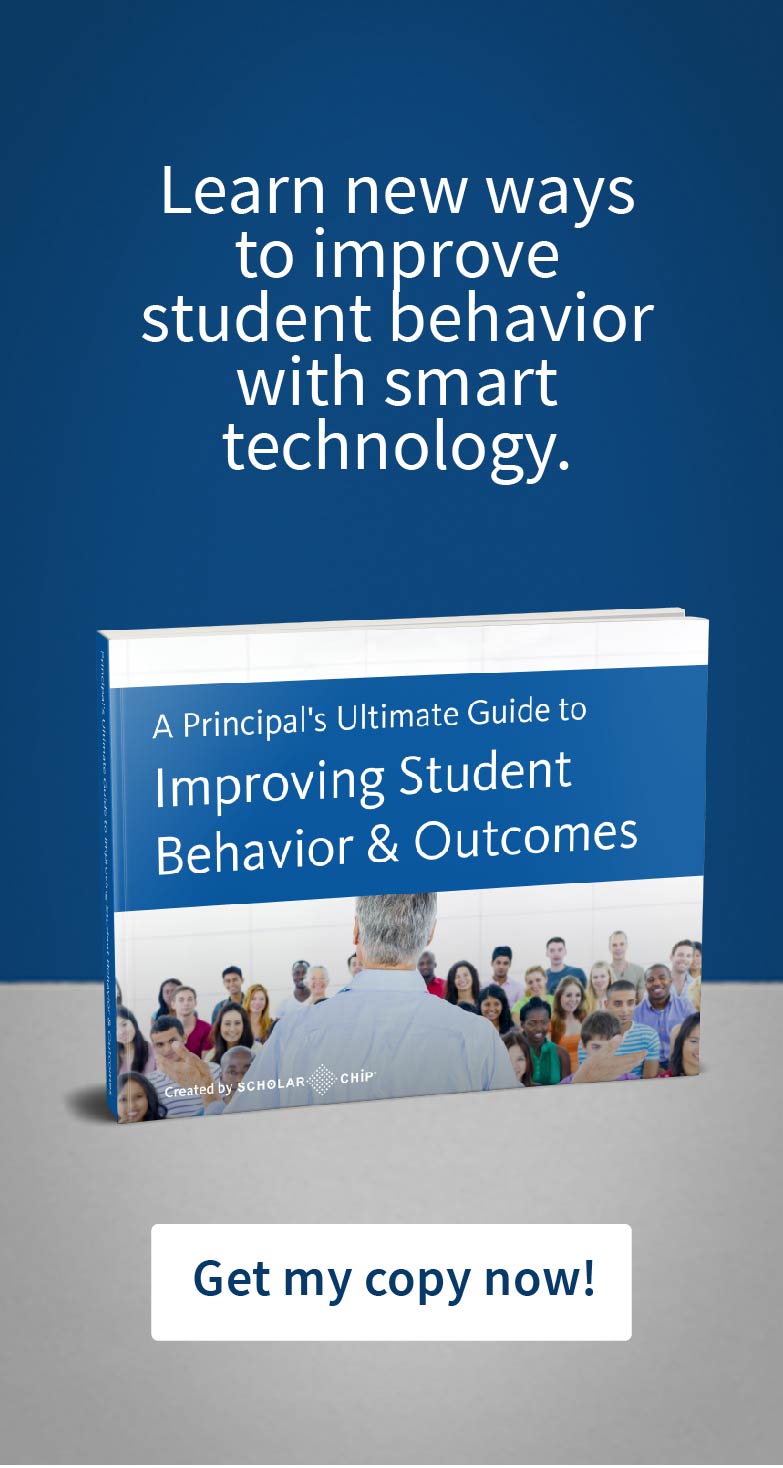Schools are constantly looking for new ways to bring personnel together to create a better educational experience for students. Developing an on-campus student success network is critical to the achievement and well-being of students and staff. And with funding tied so intimately to student achievement benchmarks, the stakes have never been higher for student success.
With increased fear and threats of violence at our schools, students are more distracted and fearful than ever before. Many campuses struggle to stamp out bullying when it arises. When students are distracted, they can’t focus. When they can’t learn, students won’t achieve their full potential. The good news is, there is a way to improve academic outcomes, reduce behavioral problems, and reduce school violence all at once: social-emotional learning.
What is Social-Emotional Learning?
Social-emotional learning (SEL) is the process of learning how to understand and control one’s emotions, achieve goals, show empathy, create healthy relationships, and make good decisions. They are the emotional “soft skills” children used to learn at home and on the playground. Today, emotional intelligence has been added to the growing list of expectations placed on our educators.
For the benefit of students and society as a whole, American schools must make age-appropriate SEL education a priority in each classroom. Schools with SEL programs in place see numerous short-term benefits, including improved academic performance, better emotional health, and reduced behavioral problems.
In addition, students who engage in direct SEL lessons enjoy the benefits far past graduation. One recent study into the long-term effects of SEL in kindergarten showed reduced poverty, incarceration, drug use, and mental health problems for those students many years later.
How can Schools Implement SEL on Campus?
SEL sounds fantastic, right? A strong campus-wide SEL program will support a student success network in ways no other program can. You may be wondering how a school can create an SEL program from scratch? Here are a few tips to help you and your staff get your new SEL program off the ground:
Teach empathy in the classroom. Teachers and all staff members should model compassion by demonstrating caring leadership skills. Promote and practice empathy campus-wide. Recognize students who display mastery of empathy skills by offering support and kindness to their peers.
Train every staff member to support and recognize positive behavior with specific behavior management techniques. Identifying and addressing the causes of poor behavioral choices, rather than simply punishing the behavior, is just one example of behavior management techniques that serve students better than “old” campus management policies.
Work with students to create and promote anti-bullying campaigns. Such efforts are most effective when they are sourced from and supported by the student body as a whole. Squashing bully culture is infinitely easier when you have buy-in from the student body.
A student success network gives students opportunities to set goals and work towards them. This goal-setting can take many forms; some schools hold Genius Hour, while others use Project-Based Learning (PBL) to guide students through processes of inquiry, exploration, design, and problem-solving. Whichever path you choose, conclude the process with an opportunity for reflection on one’s wins, losses, and chances to grow and improve. Make it clear to students that they always have the option to change course, try a new approach, and explore different ways to achieve their goals.
Many non-educators are shocked by how much time today’s teachers spend on administrative tasks. As a school leader, help your teachers find ways to return more precious instructional time to the classroom. For example, consider implementing Smart ID cards to streamline daily processes, such as attendance-taking. This small change will allow classes to squeeze more SEL lessons and practice into their daily routines.
Families are the most critical component of an effective student success network. That’s why it’s so important to engage families before behavior problems arise. Making a positive contact with a parent can make it much easier to discuss problems, should they arise later. Inform parents about the positive changes occurring on campus and invite them to participate by volunteering in classrooms or serving on committees. And explore other ways to keep those family-school connections growing – consider hosting family nights or parenting seminars. You could even invite parents to come in for refreshers, so they can help their kids with homework!
Implement a behavior management tool that connects all staff, tracks concerns about students, and identifies children who are at risk of behavioral problems. When all concerned staff members are informed about other teachers’ observations, patterns will emerge and a school counselor can intervene before it’s too late.
Support Your Student Success Network with ScholarChip-ABE
ScholarChip-ABE (Alternative Behavior Educator) is the tool schools turn to for fully-integrated behavior management and intervention. In addition to providing documentation and reports, ABE includes learning modules that administrators or counselors can assign to individual students. Upon completing the assigned lessons, the student may receive a reward.
Want to learn more about how our products support thriving student success networks at schools across the country? Contact one of our specialists today!

